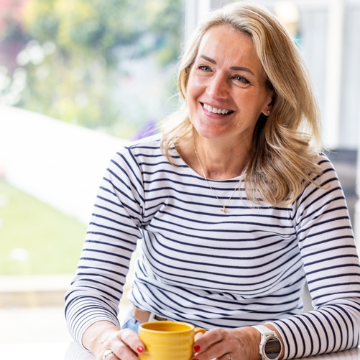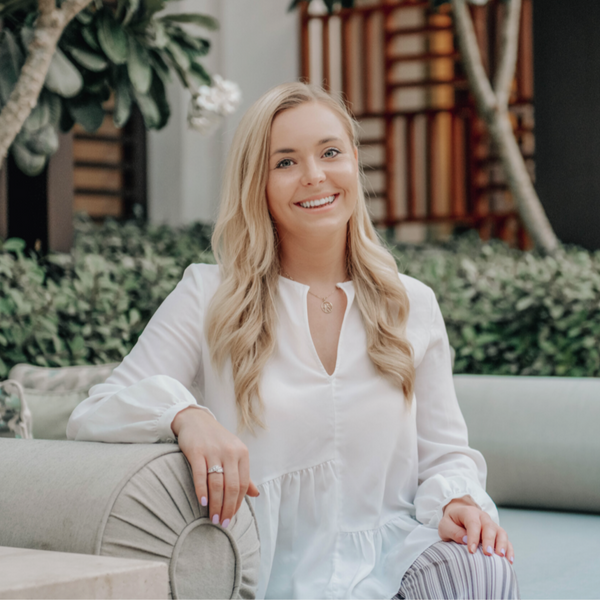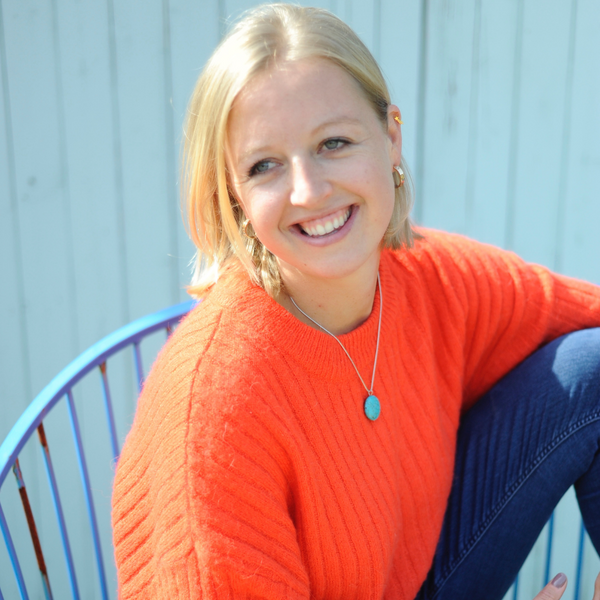A psychologists top 3 tips to managing stress


In these uncertain times as the reality of isolation and social distancing starts to set in, many people's stress and anxiety is understandably higher than normal.
Continued high levels of cortisol peaks (ie the stress hormone) can impact your overall health and wellbeing. To support you through this and during National Stress Awareness Month this April Lorna Devine a Psychologist shares her top tips to better manage stress.
Lorna is a Cognitive Behavioural Therapist and accredited Life Coach and has worked with thousands of clients experiencing a range of difficulties including: anxiety; low mood; perfectionism; stress and burnout; physical health problems; low confidence and low self-esteem.
Below she shares her 3 top tips to managing stress:
1. Self Awareness
One of the first and most important steps to managing stress is self-awareness!
Gain an understanding of what causes you to feel stressed and what keeps you feeling stressed. This may be certain life events, thoughts or behaviours e.g. scrolling endlessly on social media or checking the news several times a day.
A useful starting point is to keep a diary. Complete this every day for a week and check in with yourself at least once every hour each day.
Make a note of your surroundings (situation), your thoughts, your feelings, how you are feeling in your body and what you are doing (your behaviour). After a week, look back at your diary and see if you can notice any patterns or links between certain situations and your thoughts, feelings, physical sensations and behaviours.
This will help you to develop an understanding of what causes you to feel stressed and what makes you feel worse. Once you have gained this self-awareness, you are then on track to take steps to manage stress.
2. Prioritise Rest & Relaxation
Progressive Muscle Relaxation (PMR) is a deep relaxation technique that has been demonstrated to be effective in reducing stress.
It is based on the idea that muscle tension is the body’s physiological response to stress and that muscle relaxation essentially blocks stress. It is one of the easiest relaxation techniques to learn and is great to practice before bedtime to help you sleep.
It involves learning to slowly and progressively tense and relax your muscles (one group at a time), allowing tension to flow away from you as each muscle group relaxes.
Instructions for PMR:
- Find a comfortable position either sitting or lying down in a place where you will not be interrupted.
- Tense and relax each of your muscle groups until you have tensed and relaxed your entire body. Start by tensing each of your muscles tightly for 5 seconds and then release the tension for about 10 seconds (relaxing your muscles). Notice how the feeling of relaxation differs from the feeling of tension.
- Start with your feet and then work your way up your body e.g. feet, lower legs, upper legs, hips and buttocks, chest and stomach, shoulder blades and back, shoulders, neck, mouth and jaw, eyes and cheeks, forehead, upper arms, forearms and hands.
As you are practicing PMR, allow your attention to focus only on your body. If you notice your mind wandering, bring it back to the muscle you are working on.
3. STOPP
A useful technique that I teach my clients is STOPP. This is a great tool to use if you are feeling stressed and will help you to take back control of your emotions in stressful situations.
This involves pausing, taking a breath and not reacting automatically.
Instructions for STOPP:
S = STOP. Pause for a moment.
T = Take a breath. Notice your breathing as you breathe in and out. In through the nose and out through the mouth. Breathing is so simple yet so effective! It will help you calm down and will activate the “relaxation response” of your parasympathetic nervous system.
O = Observe what thoughts are going through your mind, what you are paying attention to, what you are reacting to and how you are feeling in your body.
P = Pull back and gain perspective. Remember thoughts are not facts!
- Take the helicopter view (e.g. zoom out and see the bigger picture).
- Can you come up with an alternative way of looking at the situation?
- What advice would you give to a friend?
- Is this thought fact or an opinion?
- How important is this to you and how important will it be in six months’ time?
P = Practice what works.
- What is the best thing that you could do right now to make you feel calmer?
- What is the most helpful thing you could do right now?
- What can you do that fits with your values?
- Where can you shift your attention to?
life armour supplements are specifically designed to address the impact the stressors of modern life has on our health & wellbeing and can be used as part of a holistic approach to enhancing your wellbeing.
They include a blend of ingredients proven to reduce stress and anxiety including KSM-66 Ashwagandha, Rhodiola and Shatavari to name a few.









